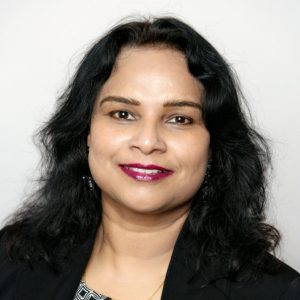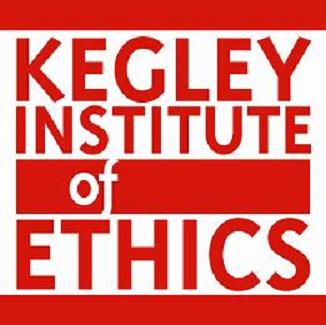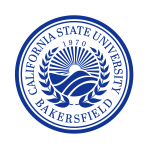4 Questions with KIE Faculty – Dr. Sumita Sarma

Contributed by KIE Media Coordinator, Norma Hernandez.
Interview with Dr. Sumita Sarma, KIE Affiliate Faculty and Assistant Professor of Management. See Dr. Sarma’s bio here.
- How does ethics relate to your research, teaching, and/or public engagement?
My current research examines corporate philanthropy in the context of established firms, and sustainable entrepreneurship in the context of small businesses. In corporate philanthropy, we examine why, when, and how much firms donate post a natural disaster as a nonmarket social strategy to build competitive advantage. The sustainable entrepreneurship research seeks to unravel how entrepreneurs detect/identify sustainable development opportunities. The third project centers around the reuse of produced water for irrigation to overcome the water scarcity problem in the Central Valley.
In both my Strategic Management and Entrepreneurship classes, I emphasize the importance of ethical decision-making wherein top managers of companies must ideally focus on the triple bottom line (economic, social, environmental). Amongst several mini-cases that I use, one pertains to Elizabeth Holmes, founder of the now-defunct company “Theranos” and how she falsified her claims about their innovative technology for blood testing using small volumes of blood.
Public engagement: State Farm Insurance invited me to speak on an ethical issue. I spoke about women entrepreneurs and why they normally raise less funds compared to male entrepreneurs.
- What is a current project you are working on that excites you? (Broadly construed).
The project on recycling of produced water for irrigation in the Central Valley is immensely exciting to me because of the project’s potential contribution in overcoming the severe shortage of water. Produced water is the water that gets extracted while extracting oil from fossil fuels. For every barrel of oil, approximately 10 barrels of water get extracted. Presently, most of this water is treated and injected back to the ground at significant cost to oil companies, producing no value for businesses or consumers. Given the scarcity of water in California, high volume of water requirement for irrigation, gaps in adopting smart water management techniques, reusing produced water can be a potential lifesaver. Currently, produced water is being tested at one test site covering an acre of Sorghum crop. The Bakersfield ag business community will play an important role in the successful launch of produced water. For mass adoption of produced water for irrigation purposes, we need to get the buy-in from the farmers and the consumers.
- If you could have dinner with anyone from the past or present, who would it be and why?
I would love to meet with Simon Sinek, a motivational speaker on leadership. Leadership has been a difficult construct to define so far, and I would like a deeper understanding on his take on leadership and his focus on ‘start with the why.’ In my past career in the industry and now in academia, I have believed in the power of the 5 Whys to solve any problem (be it is in a business setting, community or even within our own families) as a diligent way of identifying the root cause of problems. Companies like Toyota have used it to solve problems related to say, environmental pollution caused by emissions from their vehicles. These repeated whys enabled them to design the Prius engine that not only gave them a solution to the emission problem but also gave them a head start over their competitors in hybrid auto-engine design. (watch this short video on using the 5 whys: https://www.youtube.com/watch?v=BEQvq99PZwo).
- What is an important project or topic you would like KIE to prioritize over the next three years?
Homelessness in the region has struck me from the moment I arrived in Bakersfield. Kern County has more than 800 homeless people (KGET.com). These individuals have no opportunities to become independent and stand on their own feet. If there were more Micro Finance Institutes in this region, homeless people could be brought into the mainstream through entrepreneurial opportunities / small business creation and ownership. Microfinance is an inclusive opportunity, and there are very few to non-existent MFIs in Kern County. Microfinance has revolutionized the concept of lending to the “poorest of the poor with no collateral to pledge” (Chakravarty & Pylypiv, 2017). Unsecured loans are made to the poorest people usually in groups so that the borrowers can invest the money in entrepreneurial business to improve their socio-economic conditions. MFIs can track their borrowers to ensure that they do not engage in unproductive or destructive entrepreneurial activities like rent-seeking, violence etc. (Baumol, 1996). I’m glad that KIE has started creating awareness to the phenomenon of homelessness





